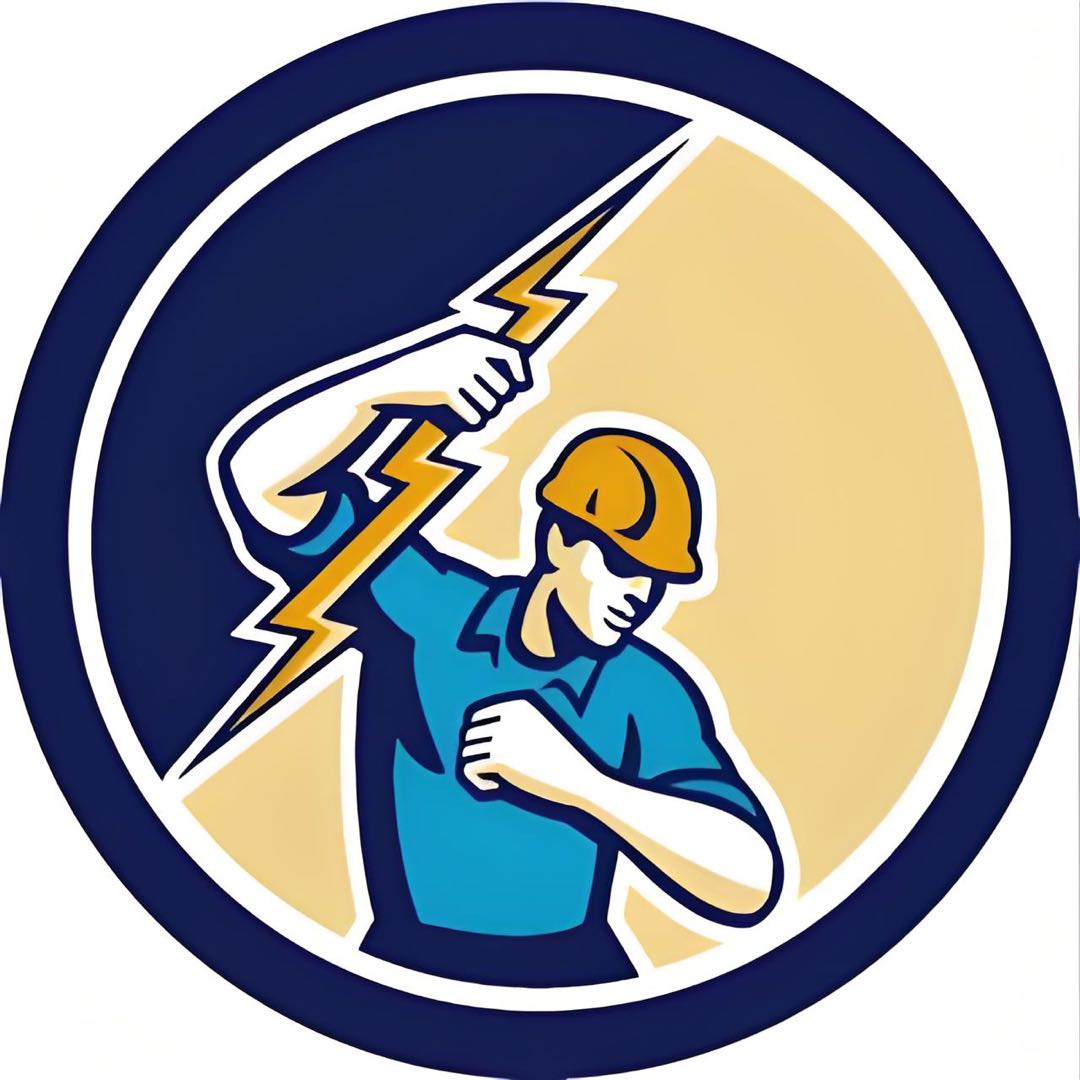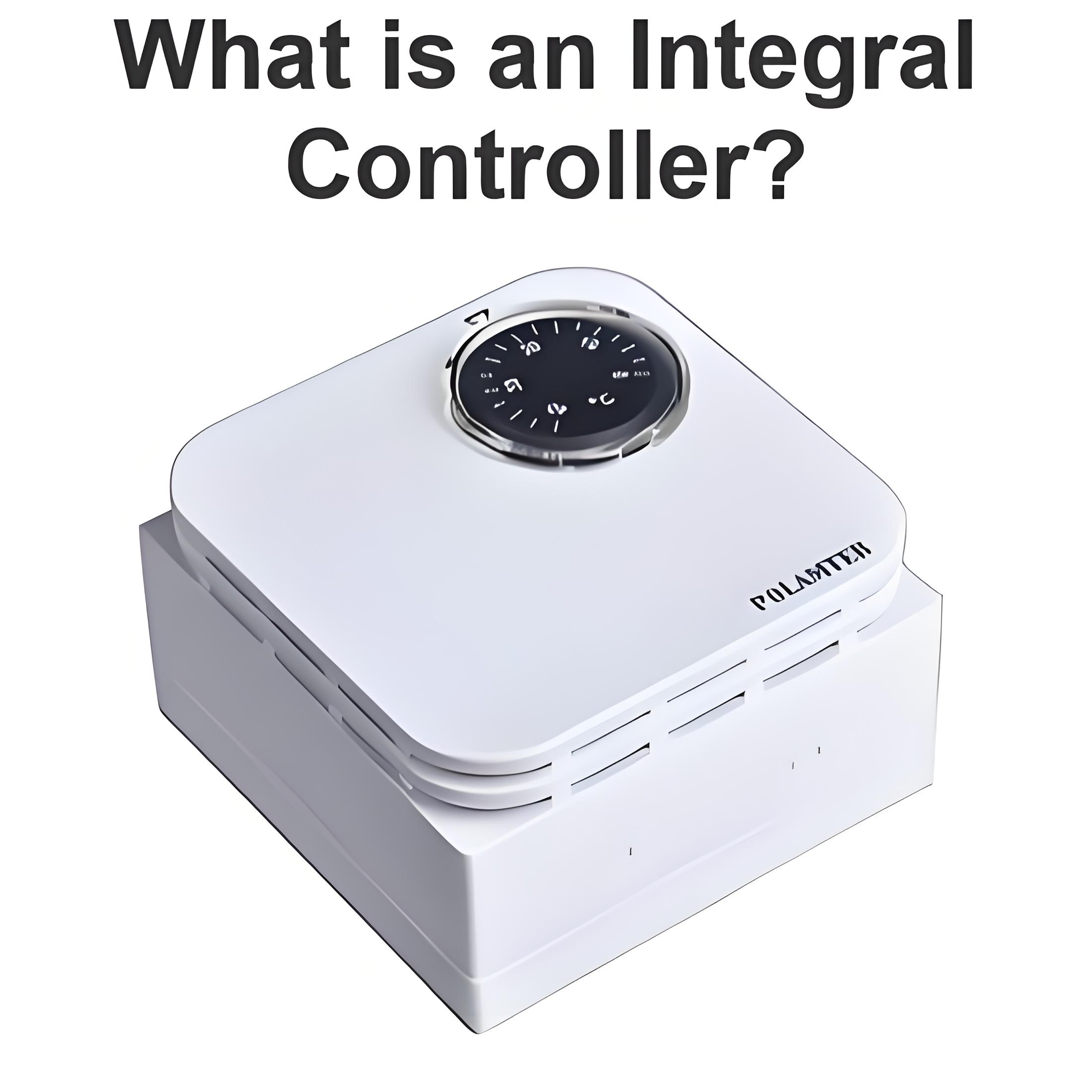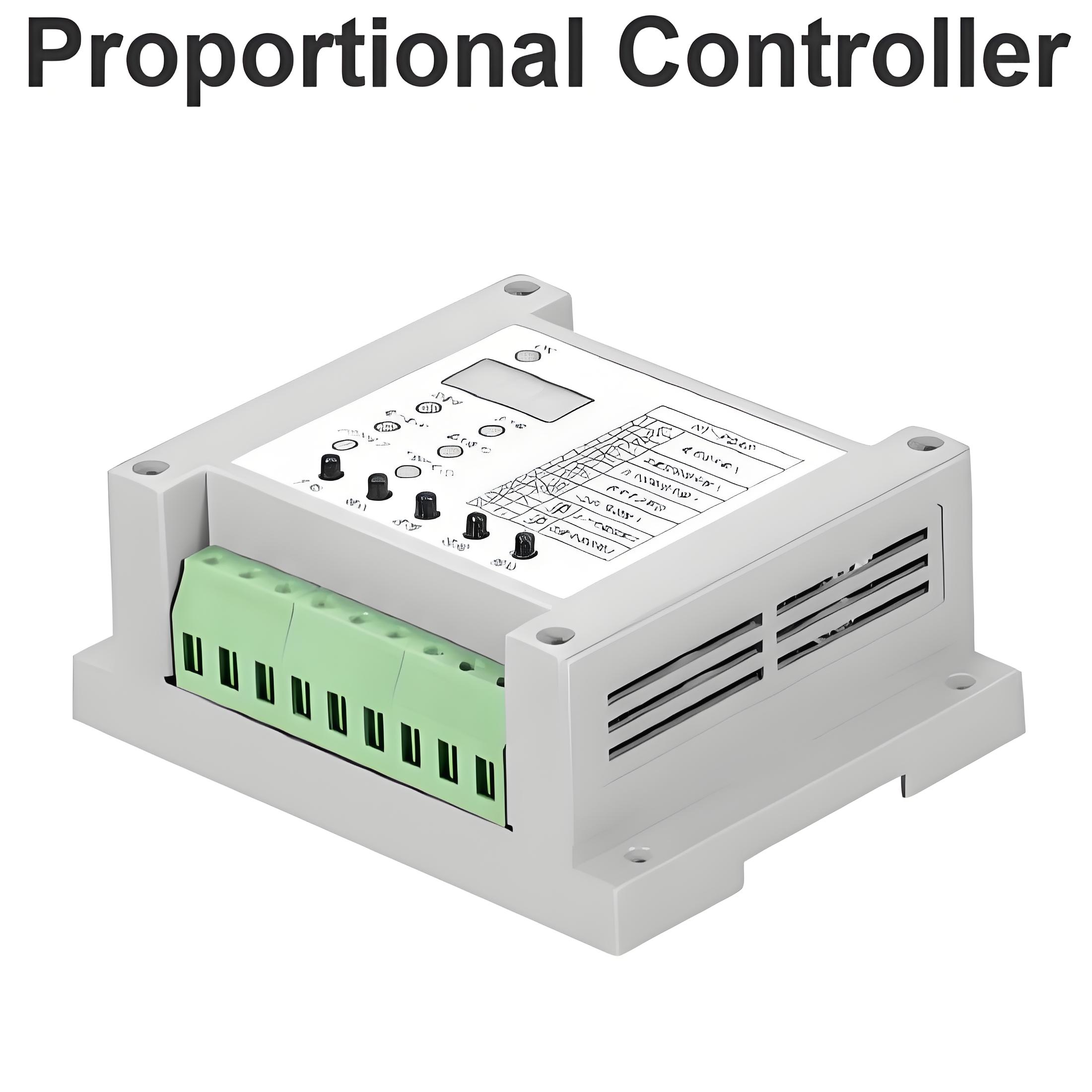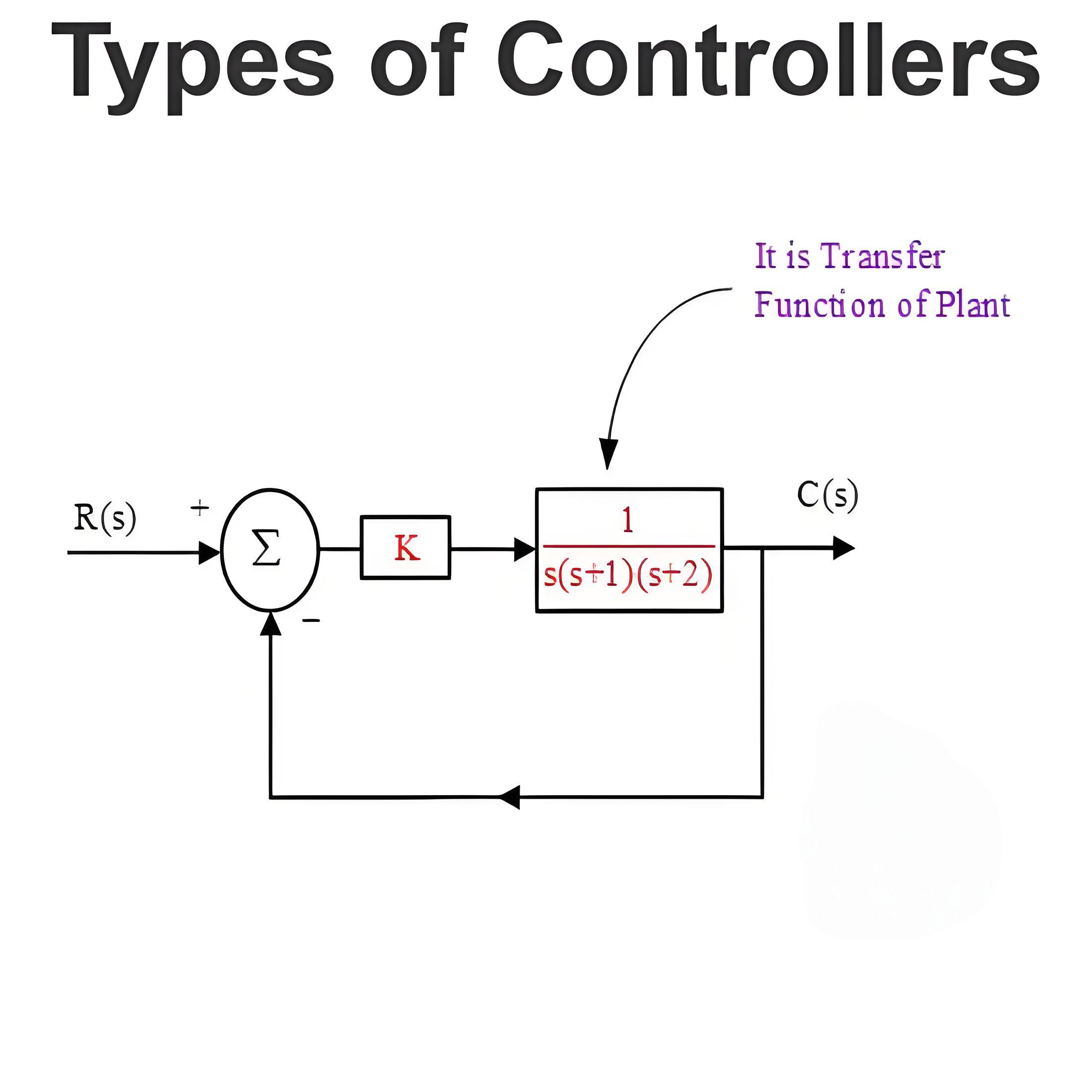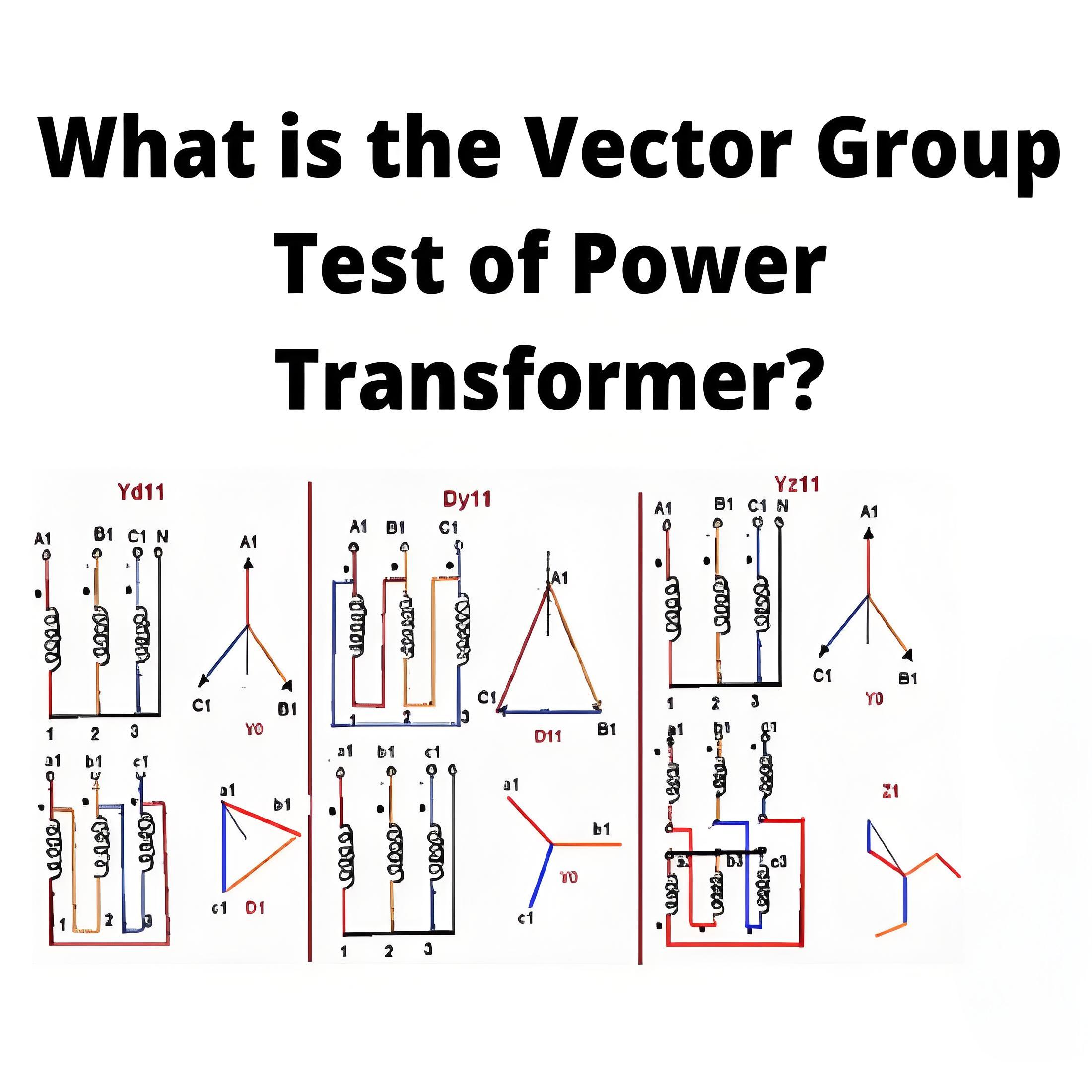How Electric Water Heaters Work and Their Types

An electric water heater is a device that uses electricity to heat water for domestic or commercial purposes. Electric water heaters can be classified into three main types based on their design and function: normal plate heaters, immersion heaters, and geyser heaters. Each type has its own advantages and disadvantages, as well as safety precautions to follow. In this article, we will explain how electric water heaters work and their types in detail.
What is a Normal Plate Heater?
A normal plate heater is a simple and inexpensive type of electric water heater that is used for heating a small amount of water, such as water for shaving or washing dishes. It consists of two round-shaped nickel plates separated by a gap of 2 mm with an insulator. The plates are connected to an electric cord that plugs into a power outlet. When the heater is switched on, an electric current flows through the plates and heats them up. The heat is then transferred to the water that comes in contact with the plates.
Advantages and Disadvantages of Normal Plate Heaters
Some of the advantages of normal plate heaters are:
They are easy to use and portable.
They are cheap and widely available.
They can heat water quickly.
Some of the disadvantages of normal plate heaters are:
They are very dangerous and can cause electric shocks or fires if not used properly.
They can only heat a small amount of water at a time.
They can damage the containers or surfaces that they touch.
Safety Precautions for Normal Plate Heaters
Some of the safety precautions for normal plate heaters are:
Always keep an eye on the heater and make sure it does not touch any metallic substance or flammable material.
Never immerse your finger or any other body part in the water to check the temperature.
Unplug the heater when not in use and store it in a dry place.
What is an Immersion Heater?
An immersion heater is a type of electric water heater that is immersed in water for heating it. It is more advanced and efficient than a normal plate heater.

It consists of a metallic body and a heating element made of copper that is installed inside a capillary tube. The tube is shaped like a U or a coil and filled with magnesium oxide that acts as an insulator. Both ends of the tube are sealed and connected to a three-pin socket and plug. The heating element can vary in power from 250 watts to 2 kilowatts depending on the size and capacity of the heater.
Advantages and Disadvantages of Immersion Heaters
Some of the advantages of immersion heaters are:
They can heat large amounts of water in containers or tanks.
They can be used for different purposes, such as bathing, washing, cooking, etc.
They have a thermostat switch that automatically turns off the heater when the desired temperature is reached.
Some of the disadvantages of immersion heaters are:
They are more expensive and less durable than normal plate heaters.
They can cause electric shocks or burns if not handled carefully.
They can corrode or leak over time due to hard water or poor-quality materials.
Safety Precautions for Immersion Heaters
Some of the safety precautions for immersion heaters are:
Never switch on the heater without immersing it in water first.
Never touch the heater or the water when the power is on.
Always disconnect the heater from the plug socket before removing it from the water.
Never touch the water-filled container or tank when the power is on.
Only use clean water for heating and avoid other liquids.
What is a Geyser Heater?
A geyser heater is a type of electric water heater that has a storage tank where water is heated by one or more heating elements.

It is also known as a storage water heater or an electric boiler. It differs from an immersion heater in that it can automatically control the temperature of the water by regulating the operating period of the heating elements. It also has an inlet pipe for cold water and an outlet pipe for hot water, as well as a valve to control the flow of water. A geyser heater can have a capacity ranging from 20 liters to 90 liters depending on the model and brand.
Advantages and Disadvantages of Geyser Heaters
Some of the advantages of geyser heaters are:
They can provide hot water continuously and instantly without waiting for heating.
They can be installed on walls or floors according to convenience and space availability.
They have an insulated body that prevents heat loss and saves energy.
Some of the disadvantages of geyser heaters are:
They are more costly and complex than normal plate heaters or immersion heaters.
They require regular maintenance and cleaning to prevent scaling or rusting.
They can pose a risk of scalding or bursting if not used properly.
Safety Precautions for Geyser Heaters
Some of the safety precautions for geyser heaters are:
Always follow the manufacturer’s instructions for installation, operation, and maintenance.
Never tamper with or adjust the thermostat switch or pressure relief valve without professional guidance.
Always use a circuit breaker or fuse to protect against overloading or short-circuiting.
Never leave children unattended near the geyser heater or allow them to play with it.
Conclusion
Electric water heaters are useful devices that can provide hot water for various purposes. However, they also have some drawbacks and risks that need to be considered before buying or using them. Therefore, it is important to understand how electric water heaters work and their types, as well as their advantages, disadvantages, and safety precautions. By doing so, you can choose the best electric water heater for your needs and enjoy its benefits safely and efficiently.
Statement: Respect the original, good articles worth sharing, if there is infringement please contact delete.
Welcome to our electricity community! Established to facilitate the exchange and cooperation in the electricity industry and bridge professionals, enthusiasts, and related enterprises.

